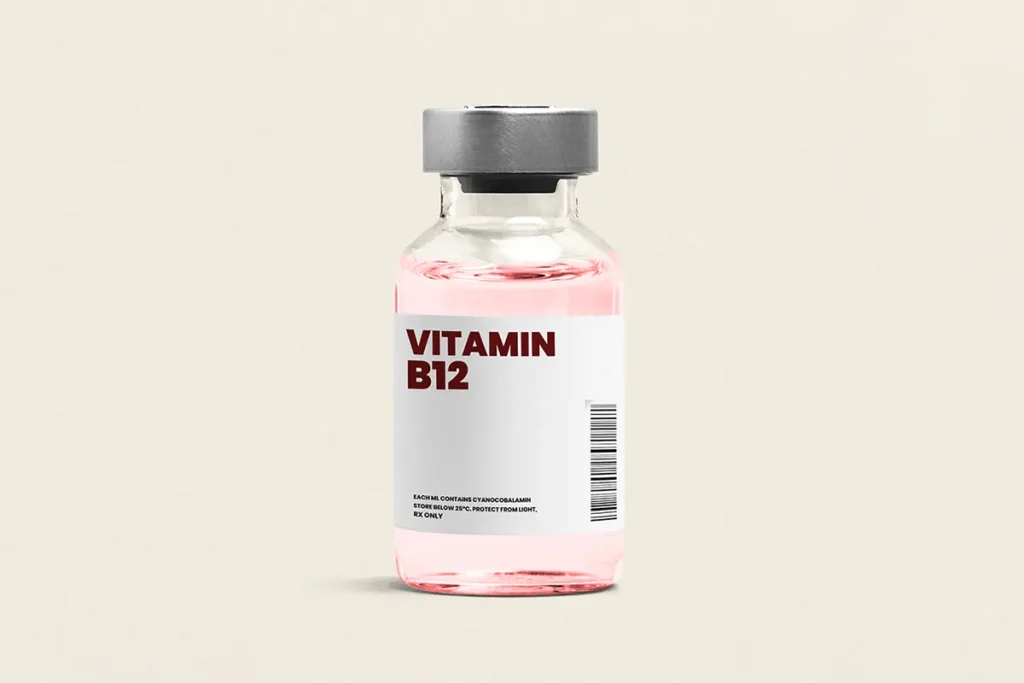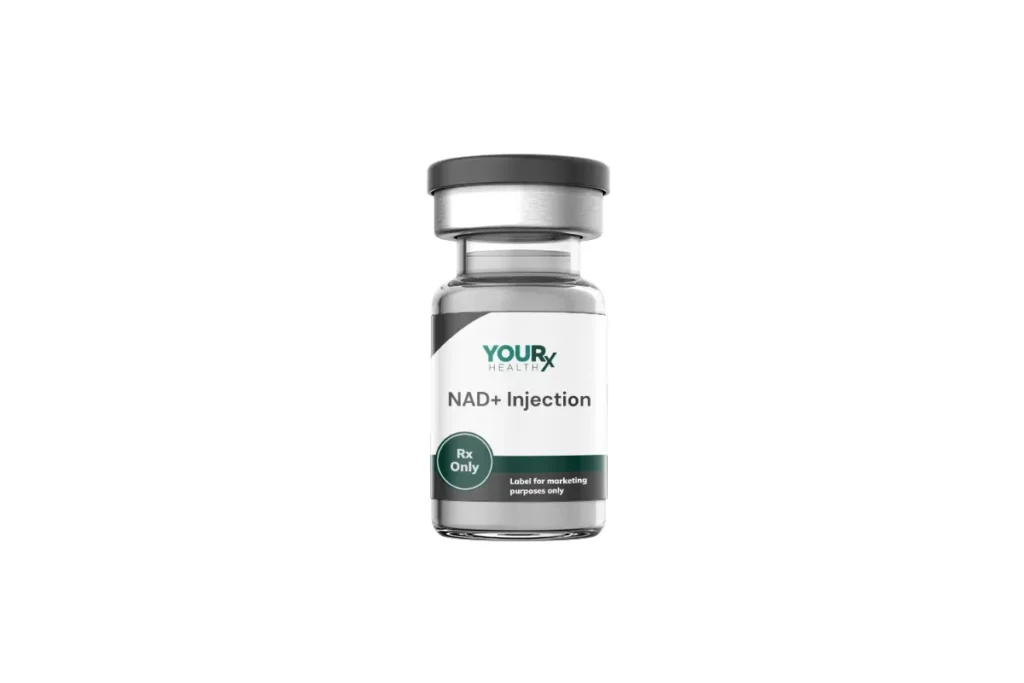Vitamin B12, also known as cobalamin, is a crucial nutrient that plays a vital role in various bodily functions. Despite its significance, many people are unaware of the profound impact this vitamin can have on overall health and well-being. In this blog, we delve into the wonders of vitamin B12, exploring its benefits, sources, and importance for maintaining optimal health.
Thank you for reading this post, don't forget to subscribe!
What is Vitamin B12?
Vitamin B12 is a water-soluble vitamin that is essential for the formation of red blood cells, neurological function, and DNA synthesis. It is not produced by the body and must be obtained through dietary sources or supplements. B12 is unique in that it contains cobalt, a mineral that gives it its distinctive red color.
Benefits of Vitamin B12
- Energy Production: B12 plays a crucial role in converting food into energy. It is involved in the metabolism of fats and carbohydrates, providing the body with the energy it needs to function efficiently.
- Red Blood Cell Formation: B12 is necessary for the production of red blood cells, which are responsible for carrying oxygen throughout the body. Adequate levels of B12 help prevent anemia and promote healthy blood circulation.
- Neurological Health: B12 is essential for maintaining a healthy nervous system. It plays a role in the production of myelin, a protective coating that surrounds nerve fibers and facilitates proper nerve function. Adequate B12 levels can help prevent neurological disorders and support cognitive function.
- Heart Health: B12 works in conjunction with other B vitamins to regulate homocysteine levels in the blood. Elevated homocysteine levels are associated with an increased risk of heart disease, making B12 crucial for cardiovascular health.
- Mood Regulation: Adequate B12 levels are linked to improved mood and mental well-being. B12 deficiency has been linked to symptoms such as depression and anxiety, highlighting the importance of maintaining optimal levels of this vitamin.
Sources of Vitamin B12
While vitamin B12 is primarily found in animal products, there are also fortified plant-based sources available for individuals following vegetarian or vegan diets. Some common sources of B12 include:
- Meat and poultry (such as beef, chicken, and turkey)
- Fish and seafood (such as salmon, tuna, and clams)
- Dairy products (such as milk, cheese, and yogurt)
- Eggs
- Fortified cereals, plant-based milk alternatives, and nutritional yeast
Supplements are another option for individuals who may have difficulty obtaining sufficient B12 through diet alone or have specific dietary restrictions.
Importance of B12 Supplementation
Certain populations are at a higher risk of B12 deficiency, including older adults, individuals with gastrointestinal disorders, vegetarians and vegans, and those taking certain medications that interfere with B12 absorption. In such cases, supplementation may be necessary to ensure adequate B12 levels and prevent deficiency-related health issues.
Conclusion
Vitamin B12 is a powerhouse nutrient that plays a critical role in numerous bodily functions, from energy production to neurological health and beyond. Incorporating B12-rich foods into your diet or taking supplements as needed can help support overall health and well-being. Prioritizing adequate B12 intake is key to unlocking the myriad benefits this essential vitamin has to offer.




